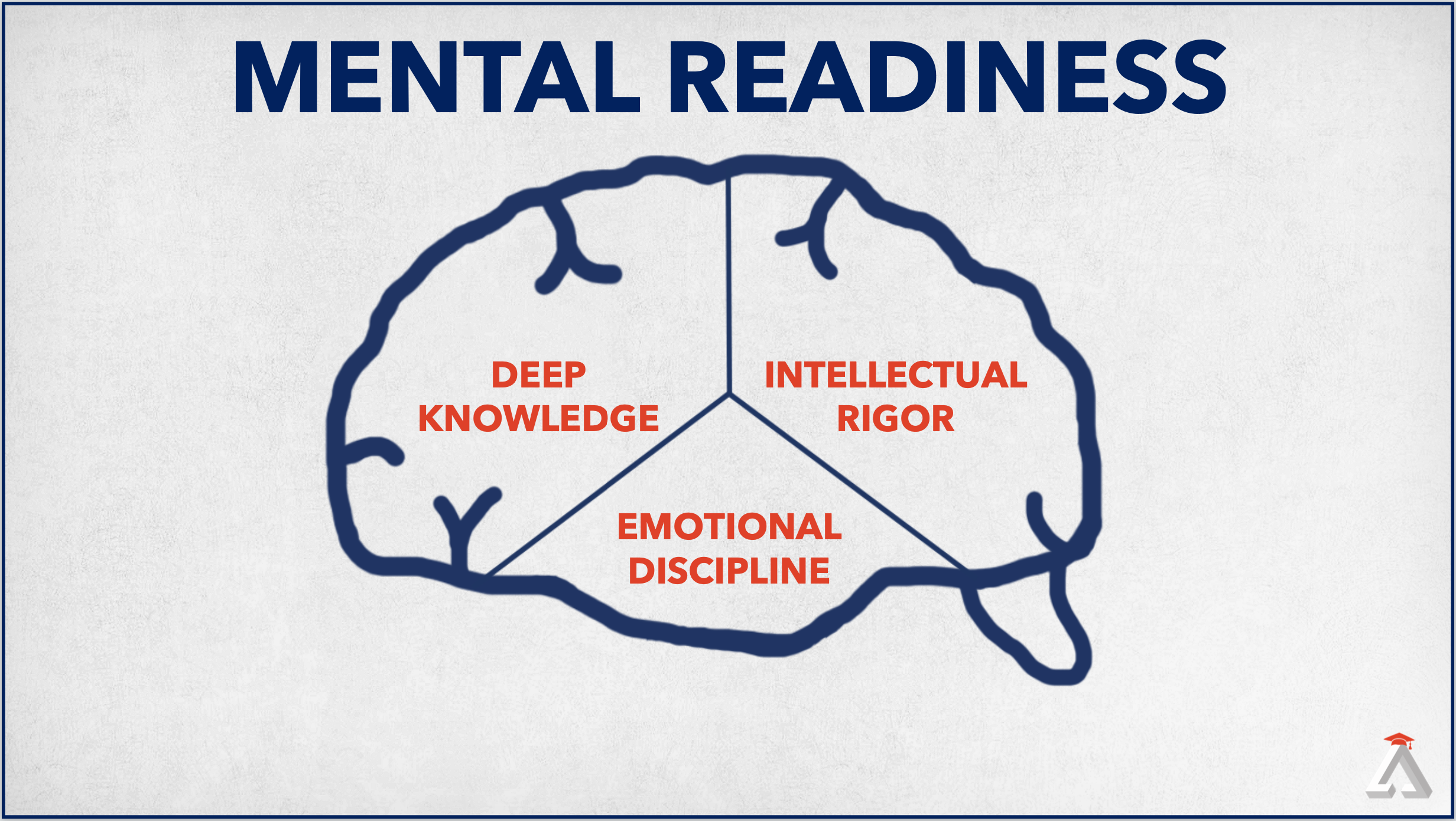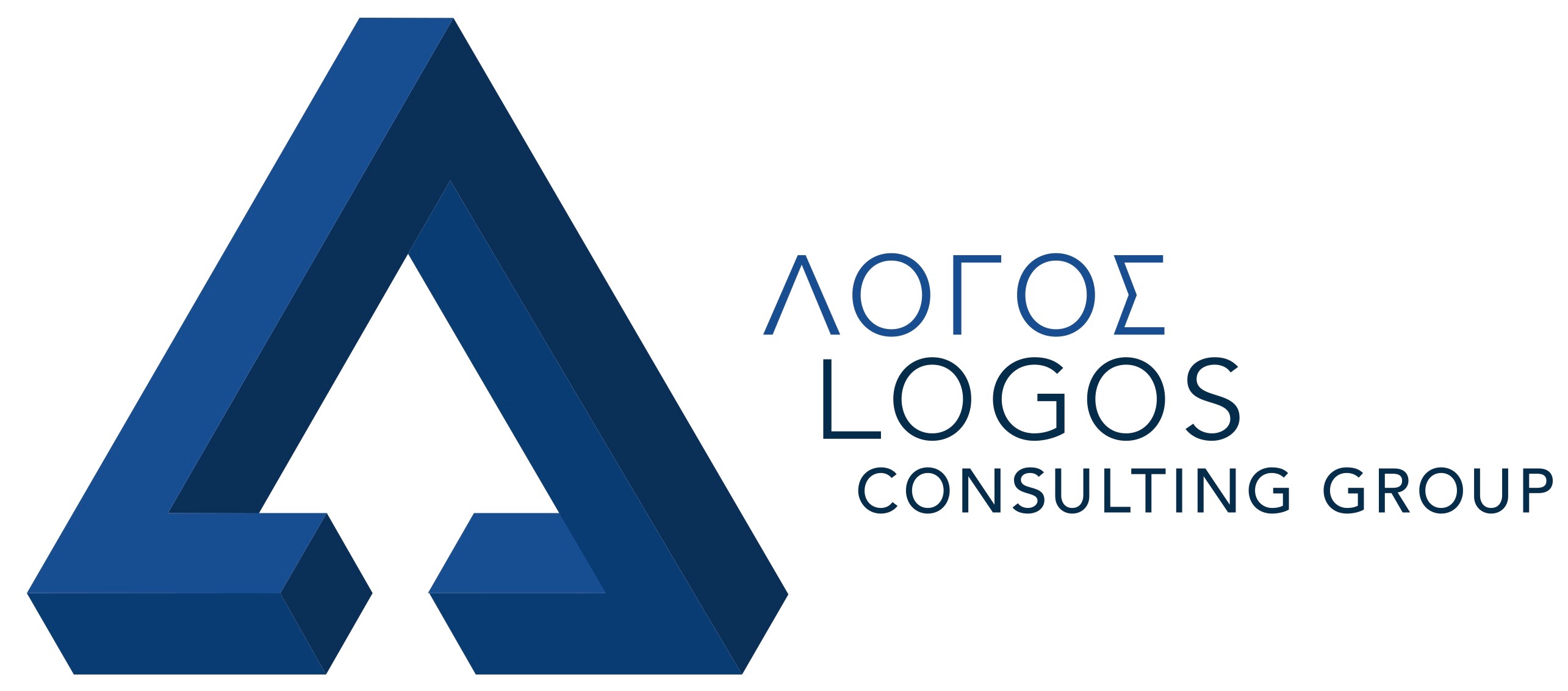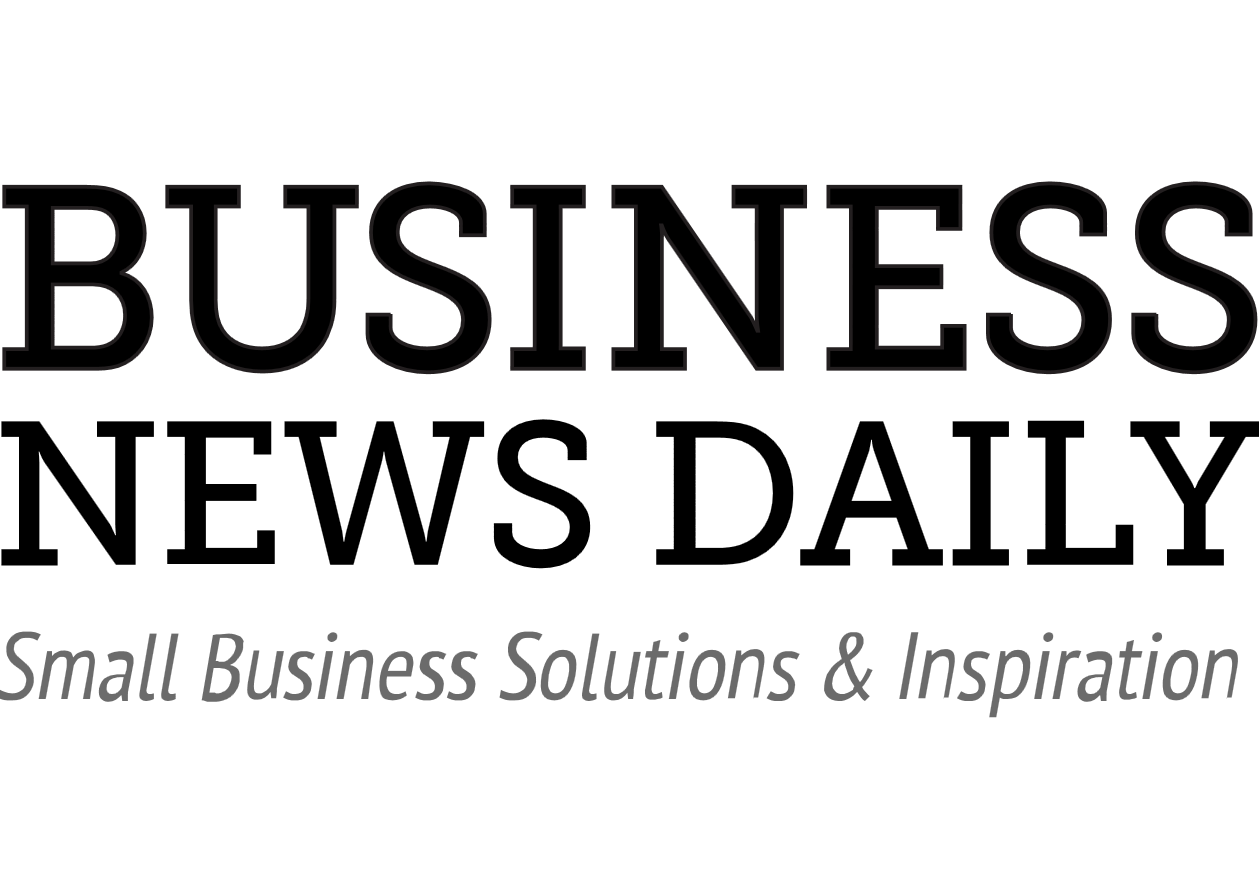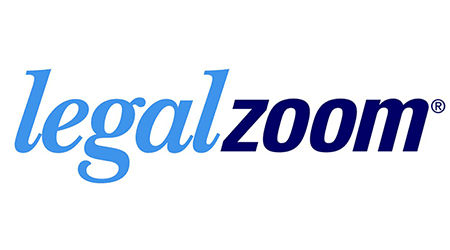Friends,
I founded Logos Consulting Group twenty years ago – in September 2002. I was 45 years old. My kids were 11 and 7.
Looking back, the Fall of 2002 was quite a time to take such a leap. It was a time of turmoil. In New York City. In the nation. In the world.
2002 Turmoil
The 9/11 attacks, just one year earlier, had shattered the nation’s sense of security. The United States military had gone into Afghanistan soon after the attack, where it would remain for 20 years. Excavation of the World Trade Center site was completed in May, but the smell of death and a sense of sadness continued to linger in the city.
By September 2002, President George W. Bush and his senior advisors were banging the drum about the need to invade Iraq. They lied to the American people. They conflated the 9/11 attacks by Al Qaeda and its leader, Osama bin Laden, with Iraq and its leader, Saddam Hussein. They warned that the next smoking gun could be a mushroom cloud, claiming falsely that Iraq had a nuclear capability and the desire to use it against the U.S.
Massive protests against invading Iraq began in September and continued for months. On one day alone, February 15, 2003, fully half a million people marched in protest in New York City; 15 million people protested that day in 800 cities around the world. At the United Nations some of our closest allies argued strenuously that it would be a mistake to invade Iraq. When the French foreign minister suggested at the United Nations that the U.S. was behaving impulsively, and the Security Council declined to pass an authorization to go to war, the Administration attacked France. President Bush said that our purported allies were either “for us or against us.” It turned petty: the U.S. House of Representatives cafeteria stopped calling its fried potatoes “French fries” and instead referred to them as “Freedom fries.” And the United States – with allies whom it called “the coalition of the willing” – invaded Iraq in March 2003.
The nation was also still in the midst of a severe recession triggered by the 2000 collapse of the dot-com bubble. Irrational exuberance had pumped up the stock of new tech companies that had yet to make a profit. Then a crash lost nearly 50 percent of the stock market’s value.
A series of corporate scandals had also shaken Americans’ confidence in corporate leadership. Enron, Arthur Andersen, Adelphia, WorldCom, and many others were caught committing massive fraud and dishonesty. Arthur Anderson was prosecuted and went out of business. Executives of other companies went to prison. Congress passed the Corporate Fraud Accountability Act of 2002, commonly known as the Sarbanes-Oxley Act.
Logos
It was into this environment that I founded Logos: with no clients, no employees, and estranged from my employer of 12 years and mentor of 17 years. But with a sense of purpose. With a mission to help people become leaders who can ignite and inspire change in the world for the better.
Within four days we got our first client: A major commodities exchange whose CEO needed coaching. Then an UN-affiliated peacebuilding organization. Then a data services company being investigated by the SEC – our first crisis client, and for the first year our largest one. Then a prominent life sciences company. Then a large insurance company. Then a giant investment bank. By January 2003, we were a real firm. Before we moved into our first office space in 2007, we joked that my kitchen table was Logos Consulting Group’s World Headquarters. Two gifted colleagues joined the firm and helped to establish Logos as a credible advisor to senior leaders when the stakes are high.
In the 20 years since, we’ve benefitted from the gifts of many other people who came to and through Logos. We’ve worked for more than 300 clients – including some of the biggest and best-known companies and organizations in the world. Some have remained our clients for all this time. And we’ve been on the ground in dozens of countries.
Two years after we were founded, we created the Logos Institute for Crisis Management and Executive Leadership, our think tank, executive education, and publishing arm. We’ve written books that have been published in three languages. After 15 years, we established the Logos Institute Press to publish other authors’ leadership books. We’ve taught at prominent universities and professional schools on three continents. And in 2021 we launched the Logos Learning Center to provide online training to individuals looking to bolster their leadership skills.
Continued Turmoil
About ten years ago we noticed a troubling trend and warned clients about it: an outbreak of incivility in society at large that we worried would spill into our clients’ workplaces and interfere with their business operations.
We saw that trend get worse in 2015 as political leaders dehumanized and demonized groups and rivals with deadly consequence. The FBI warned of a surge of opportunistic violence and hate crimes against targeted groups. The violence then metastasized into organized acts of terrorism. In June 2020, I published a book warning about this trend and its likely escalation.
Six months later, we saw a violent attack on the Capitol in an attempt to overturn a free and fair election.
Also in mid-2020, as the world grappled with an emerging pandemic, the United States government violated its own public health guidelines and politicized the pandemic response. A combination of incompetence, dishonesty, and neglect led to the worst pandemic response in the industrialized world, and to the preventable deaths of more than three quarters of a million Americans. And to death threats and acts of violence against public health experts and political leaders who counseled good public health practices. My next book is about this massive failure of leadership, which I call the single worst-handled crisis in American history.
2022 Turmoil
Earlier this year, the U.S. Food and Drug Administration called misinformation the nation’s leading cause of death. It noted that the surge of misinformation about the pandemic, masks, and vaccines led to hundreds of thousands of preventable deaths, especially among the unvaccinated or under-vaccinated.
And the world was thrown into turmoil earlier this year when Vladimir Putin’s Russia invaded Ukraine, and the world responded with the strictest economic sanctions against Russia. This led to a spike in oil prices and food shortages in much of the world. And now Russia itself is in turmoil as citizens resist the draft requiring them to fight in what Russia still refuses to call a war.
We see turmoil also in Iran, as citizens, especially women, take to the streets to protest the killing in police custody of a female Iranian citizen arrested for improperly wearing a hijab.
And in the United States the political divide has intensified further. The divide has been fueled by the Big Lie about the 2020 election, the embrace of conspiracy theories, and calls for violence if the former president – now facing an array of legal troubles – should be indicted.
Onward
And so, Logos begins our twenty-first year as we did our first, navigating through the turmoil. And helping our clients do the same. We are gratified that when the stakes are high clients turn to us.
Now more than ever society needs leaders equipped to inspire, to ignite people to overcome the turmoil, to push back against misinformation, and to build stronger organizations.
Now more than ever leaders know the consequences of poorly handled crises, and that there is a rigor to responding effectively and quickly in a crisis.
Now more than ever there is need to exercise leadership well. The stakes are that high.
Thank you for your confidence in Logos Consulting Group through the last 20 years. And thank you for your continued encouragement and support.
This reflective piece is part of our 20th anniversary celebration. Throughout this anniversary year, we will be sharing a series of reflections on the shifts and trends we have been following in business and in the world over the past twenty years, as well as advice to leaders and organizations navigating through the challenges we see today.


 Maida is an Advisor at Logos Consulting Group and a Senior Fellow at the Logos Institute for Crisis Management and Executive Leadership, where she helps corporate leaders maximize presence and enhance communication skills to become more effective in managing both their reputations and relationships. She also serves as the Chief of Client Services.
Maida is an Advisor at Logos Consulting Group and a Senior Fellow at the Logos Institute for Crisis Management and Executive Leadership, where she helps corporate leaders maximize presence and enhance communication skills to become more effective in managing both their reputations and relationships. She also serves as the Chief of Client Services. Leaders change the world. But they don’t do it alone. They ignite others toward a common cause. At Logos Consulting Group, we believe in this world and we see this world in the work that we do. Our mission is to build a better world by equipping people to become leaders who ignite change in the world for the good. We do this by helping our clients inspire those who matter to them to make a difference in their own industries and communities, and the world at large. We advise and coach our clients in three key areas:
Leaders change the world. But they don’t do it alone. They ignite others toward a common cause. At Logos Consulting Group, we believe in this world and we see this world in the work that we do. Our mission is to build a better world by equipping people to become leaders who ignite change in the world for the good. We do this by helping our clients inspire those who matter to them to make a difference in their own industries and communities, and the world at large. We advise and coach our clients in three key areas:  On January 19, 2021, Logos Associate
On January 19, 2021, Logos Associate  On January 18, 2021, Logos Associate
On January 18, 2021, Logos Associate  On January 13, 2021, Logos President
On January 13, 2021, Logos President  On January 12, 2021, Logos Advisor and Chief of Client Services
On January 12, 2021, Logos Advisor and Chief of Client Services  On December 7, 2020, Logos Associate
On December 7, 2020, Logos Associate  On November 12, 2020, Logos President Helio Fred Garcia offered his insights on why contracts are important tools for coaches on
On November 12, 2020, Logos President Helio Fred Garcia offered his insights on why contracts are important tools for coaches on